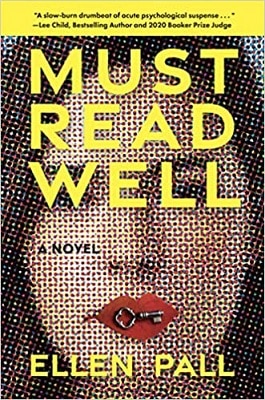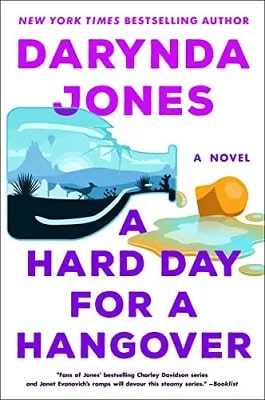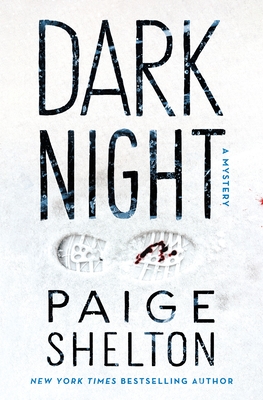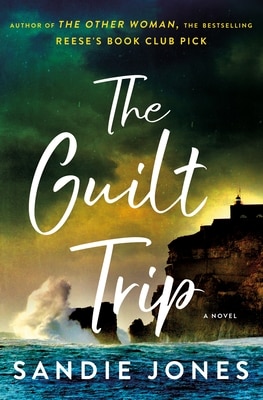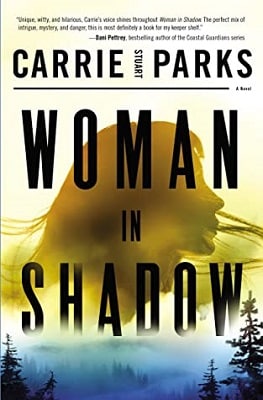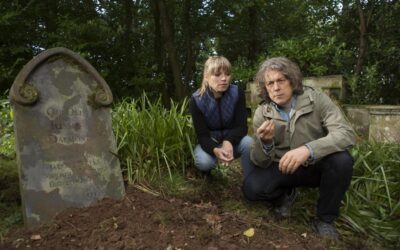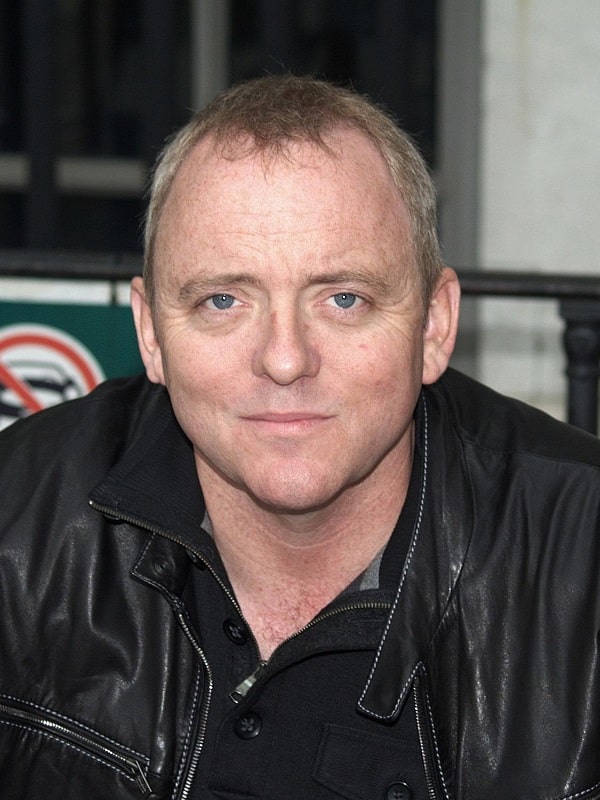
Dennis has written several novels, including the New York Times bestseller Mystic River, which was later made into an Academy Award winning film, also called Mystic River, directed by Clint Eastwood and starring Sean Penn, Tim Robbins, and Kevin Bacon (Lehane can be briefly seen waving from a car in the parade scene at the end of the film). The novel was a finalist for the PEN/Winship Award and won the Anthony Award and the Barry Award for Best Novel, the Massachusetts Book Award in Fiction, and France’s Prix Mystere de la Critique.
Interview by Valerie J. Brooks
.Q. Dennis, my big question, first of all, is are you really going to leave literature behind for TV?
Dennis: No, it’s not a guarantee. I have a book coming out in April, Small Mercies, which is arguably the best book I’ve ever written. I am very pleased with that. It gave me a certain bit of pride again, but the issue is that books grew exponentially more difficult for me, book by book by book. They became harder and harder to write.
Q. Why was that?
Dennis: I’m a very focused father, and I like being there for my kids. But I can’t be there for my kids in the same way when I’m writing a novel, because it takes so much of my focus. That’s for me, but not for everyone. Writing a novel takes a lot of emotional and psychological turmoil. Whereas with a script, I could write one on the 50-yard line during the Superbowl.
Q. Doesn’t it take the same focus for developing a show?
Dennis: In terms of running a show, I can bring my kids to work with me. My girls will always remember the summer they spent on the set of Black Bird. They were there all the time, running around, and having a blast in southern Louisiana and New Orleans. They were nine and twelve at that point.
In Black Bird, there’s a scene at a bait shop where actors Greg Kinnear and Sepi (Sepideh Moafi) pull up in a car, get out, and walk up the steps to the bait shop while a woman and two little girls come down the steps. That’s my wife and girls. We put them in the scene at the last second. So, the girls consider that going to work with dad. They also consider Taryn (Egerton) and Paul (Walter Hauser) to be like uncles to them. Sepi is like their favorite aunt now. I love giving that to them.
Q. Tell me the difference between that and what happens with the girls when you’re writing a novel.
Dennis: They don’t understand what I do as a writer. They don’t see it. It’s just something that puts daddy in a bad mood. I’m very distracted when I write. I don’t want to pay that price, essentially, and there’s no reason to. I’ve established my beachhead.
If I want to go back and write another book again, I will. But I’m out of contract for the first time since 1996. I’m free. And unfettered. I owe nobody anything, and that’s a great place to be. It’s wonderful. I’m aware of the luxury of this, and I’m very grateful. Yet, if another book occurs to me the way Small Mercies occurred to me, then I’ll write it, but I’m not going to hunt for a story.
Q. That’s the place every writer dreams of, right?
Dennis: Yes, that’s the dream. But think about it—I was under contract with HarperCollins for 26 years. It’s been a joy, but it’s been a yoke. It’s been a long time of I owe them a book, I owe them a book, I owe them a book.
But if I leave on this book, Small Mercies, then dammit, I left the stage on a high note.
Q. Let’s talk about your most recent book, Since We Fell. Rachel is such a troubled character. Tell me what inspired you to write Rachel?
Dennis: I think it was a conscious decision to break away from the world I remembered, the world that I wrote about in most of my books.
I’ve always wanted to write a Hitchcockian thriller, as I was heavily influenced by him. So that was in play. Then I had a vision of a woman who has an on-air mental breakdown, and that causes her to be agoraphobic. My God, can you imagine the fear of the outside world? If you’re agoraphobic, would you know anything about the outside world that wasn’t given or told to you? That means you put a lot of trust in somebody. But what if that person is not worthy of that trust?
But after I finished the novel, I didn’t like it. In fact, I hated it. I do have a contract with a reader as a novelist. I must give you the most entertaining book I can, period. That’s it. That’s my job.
So, I realized I needed to devote much more to the opening act, to the trauma that created her, and I rewrote the beginning. To me, the beginning was the book.
I go back to Hitchcock here. Look at the opening act of Psycho. It starts as one movie about a woman doing some pretty underhanded shit. And then she goes to a hotel and dies. That’s why it’s great.
Q. Let’s talk about Black Bird. At first, you did not want to do Black Bird which is based on the 2010 autobiographical book In with the Devil: a Fallen Hero, a Serial Killer, and a Dangerous Bargain for Redemption by James Keene and Hillel Levin. The story recounts Keene’s real-life experiences of trying to get a confession from serial killer Larry Hall. That’s pretty dark. What made you change your mind?
Dennis: Right. I didn’t want to do it. I was tired of doing “dark.”
Then I found something to lock onto that made it a really interesting story—misogyny. I looked at where we are right now in our culture in terms of men on the misogyny spectrum. All men objectify women to some degree, but we’ve come to a stage where men are weaponizing it. That’s the difference.
I thought, okay, Jimmy the main character in the real story goes on the journey, but he doesn’t change. But in Black Bird, he goes on both the physical journey and the psychological journey. That’s what I changed to make it interesting. This guy needed to realize he’s far closer to this serial killer in the way he looks at women than he ever wanted to know. In the end, he’s a better man, but a broken man. That’s the story. And that’s why and how I wanted to tell it.
Q. Tell us about toxic masculinity, something you referred to in other interviews.
Dennis: It’s everywhere. It’s so much part of our culture right now. We elected a president who made jokes about sexually assaulting women and called it ‘locker room talk.’ I remember talking about it with George Pelecanos. We’ve been in a million poker games, in a million locker rooms, but we’ve never said anything about how great it is to grab women by the pussy. I hate that it’s normalized. It makes me sick. Again, I’m not politically correct at all. When I’m with my group of guys we’re guys, but I’ve never known my guys to tell a rape joke.
Now you have Proud Boys and all this bullshit. I did a deep dive into radical Islamism because I was doing a project with Katherine Bigelow about it. The same thing kept coming up in radical jihadism and extreme fundamental Christianity. Toxic masculinity—the fear of the vagina. Absolutely. I’ve never had that fear. What the fuck is wrong with these people?
Q. So, you’re using entertainment to educate people?
Dennis: I don’t ever want to make anybody feel that a book I wrote, or a TV show that I created, is homework. I hate that. I’m here to entertain and delight. That is my job. So, first things first. Are you entertained? Then the second job is, hopefully, that the reader or viewer picked up more from it than just entertainment. But if you didn’t, that’s fine.
Q. I loved the relationship between Jimmy (played by Taron Egerton) and his dad (played by Ray Liotta), who placed all these expectations on Jimmy yet never expressed his love.
Dennis: It’s that scene between Ray and Robyn Malcolm who plays Ray’s wife, where he explains the way he communicated with his father and how he communicates with his son Jimmy. “We say things without saying them.”
Q. That was a perfect line. It encapsulates why Jimmy didn’t feel loved and why he felt he couldn’t please his father. And oh, that Ray Liotta. I cried when he died soon after filming. I’d like to clear up something. Ray looked ill in the series. He wasn’t, was he?
Dennis: No, he wasn’t. J.C. his fiancée who is a friend of mine sent me photos, the last photos of him, taken while they were in the Dominican Republic. They were taken hours before he died. He looked terrific.
For Black Bird, he had to be made up to look tortured because he was a tortured father who blamed himself for his son Jimmy’s life.
Q. You seem to have an innate ability to capture characters and their inner workings, their psychology, their demons, and their motives. What do you think gave you that ability?
Dennis: Flannery O’Connor has that great line where she says that to be a successful person you needed to be an unhappy child.
I was not a happy kid. It wasn’t because I had bad parents. I think it was because I felt like a fucking Martian. Like I showed up in this family, and everybody was looking at me, like, ‘What are you talking about? What are you thinking?’
There was some sort of genetic memory happening with me wanting to create. My father said he’d heard about a writer in his family way back, you know, probably in the 1800s. There was a painter on my mother’s side somewhere. We were not a family of artistic impulse. When my brother and I came along, we were like, ‘Who are these people?’ My late brother’s wife used to say, ‘You were left on a doorstep,’ because we were just so different from anybody else in the family.
I think that made me very unhappy. I was really lonely. Nobody wanted to talk about what I cared about, not just in my home, but on the streets. What saved me was my mother sending me for piano lessons near Harvard Square. I’d take the train after school once a week and the bookstores there transformed me.
Q. You did say that your mother opened your eyes to a different world.
Dennis: My mother to her credit was a mystery reader. She read Agatha Christie. She would talk to us a little bit about that. My parents did get me a library card when I was very young, but I had to walk to this library which was in a neighborhood war zone. That transformed me. I think my mother aspired to better things that she didn’t quite grasp herself. She took me to Symphony Hall when I was seven, and I remember seeing that amazing building and being like, wow, and falling in love with the idea of culture. I think that’s why I retreated deep into a world of writing, to create a world I recognized. I think people become writers because narrative, which is artificial, is their preferred form of making order out of chaos.
Q. You said that this is a world you capture in your next novel Small Mercies. Harper Collins says it’s “an all-consuming tale of revenge, family love, festering hate, and insidious power, set against one of the most tumultuous episodes in Boston’s history.”
Dennis: There’s a moment in Small Mercies where the main character Mary Pat goes to Harvard Square in 1974. Mary Pat is a working-class woman stepping into Harvard Square and walking onto Harvard Yard. That’s something I know in detail, and I used it in depicting Boston exploding in violence during the desegregation of the public schools.
Q. You made a big change when you moved from Boston to LA, yet you seem to have stayed grounded. You don’t seem to be corrupted by fame. How do you do that in a place known for superficiality and egos?
Dennis: I grew up in Dorchester. You’ll see this in my new book, too. I’m the outsider looking in.
I’ve said this to writers in classes, but they don’t get it because they’re too young: motive matters. Why you do this matters.
I’m ridiculously blessed to be able to do it and to be able to make a good living at it. I can’t fucking believe that people pay me to do this. I mean, I would do this for free. I love it. And I feel like that’s the difference between me and a lot of writers and creators. A certain group I’m not so fond of write only for the money. I don’t consider them writers. I’m sorry, I don’t want to be a dick. But they’re not writers. They’re constructs. They don’t take care to craft a good sentence. They don’t take care to go deep into their characters. What the hell are they doing this for?
I feel like that’s why I remain the exact same human being because nothing’s changed. I’m still doing the exact same thing. When we did Black Bird, there were four of us who came together as a quartet and were the producers of the show. This is a group that includes Richard Plepler who used to be the head of HBO, Karen Solace who used to be the head of Cinemax, Bradley Thomas who produced all the Farrelly brothers’ movies, and myself. The four of us said, “We’re never working without each other again after Black Bird.”
Because when everything went wrong in the production, as it will do, and everything did go completely and catastrophically wrong, we never bitched out. None of us. We were never cruel. We handled everything with dignity. We had to release some people, and we did it with grace and care for their feelings and care for their reputations. And I thought, “Wow, we all get it.” And they get me. And their whole thing now is to protect me to do my thing. And Apple+ is the same way.
Q. What projects are you working on now?
Dennis: I have a pet project with Taron that I’ve been talking to him about. When we finally bring this to Apple, I will say, “I want you to do it, but I want you to understand, however, that this is only for Emmys. You’ll never get viewers. We’ll get it done as cheaply as we can.” And they’re so great that I hope they say, “Yes. Thanks.” That’s what I dream of. So that’s my life right now. And I love it. I absolutely love it.
More Mysteries
Mystery Features
Locked Room Mysteries
Unraveling the Enigma of Impossibility
New York Mysteries
Mysteries in the Big Apple
Whodunnit Mysteries
The spine-tingling genre that keeps readers on the edge of their seats


